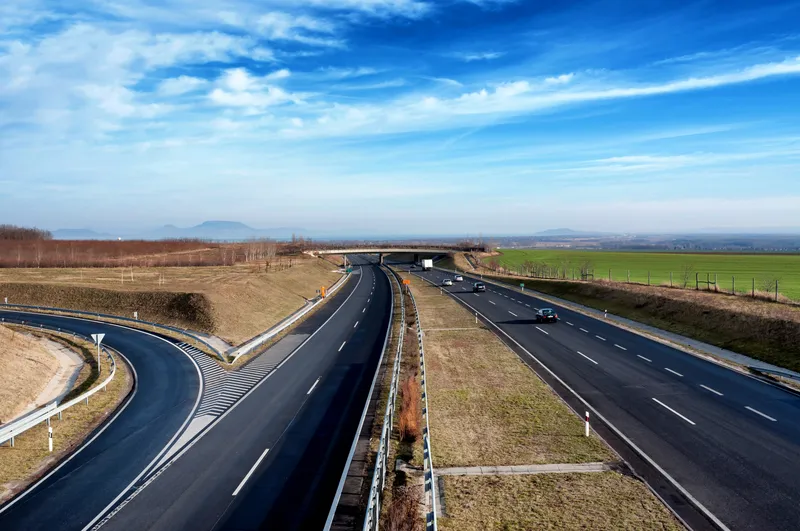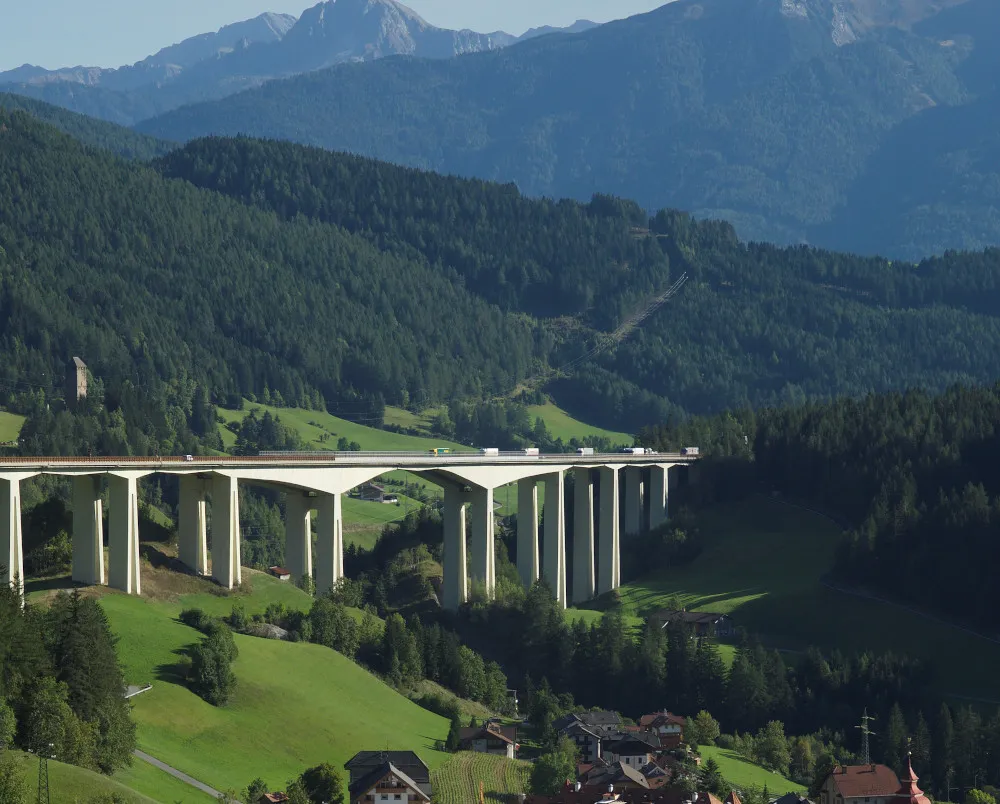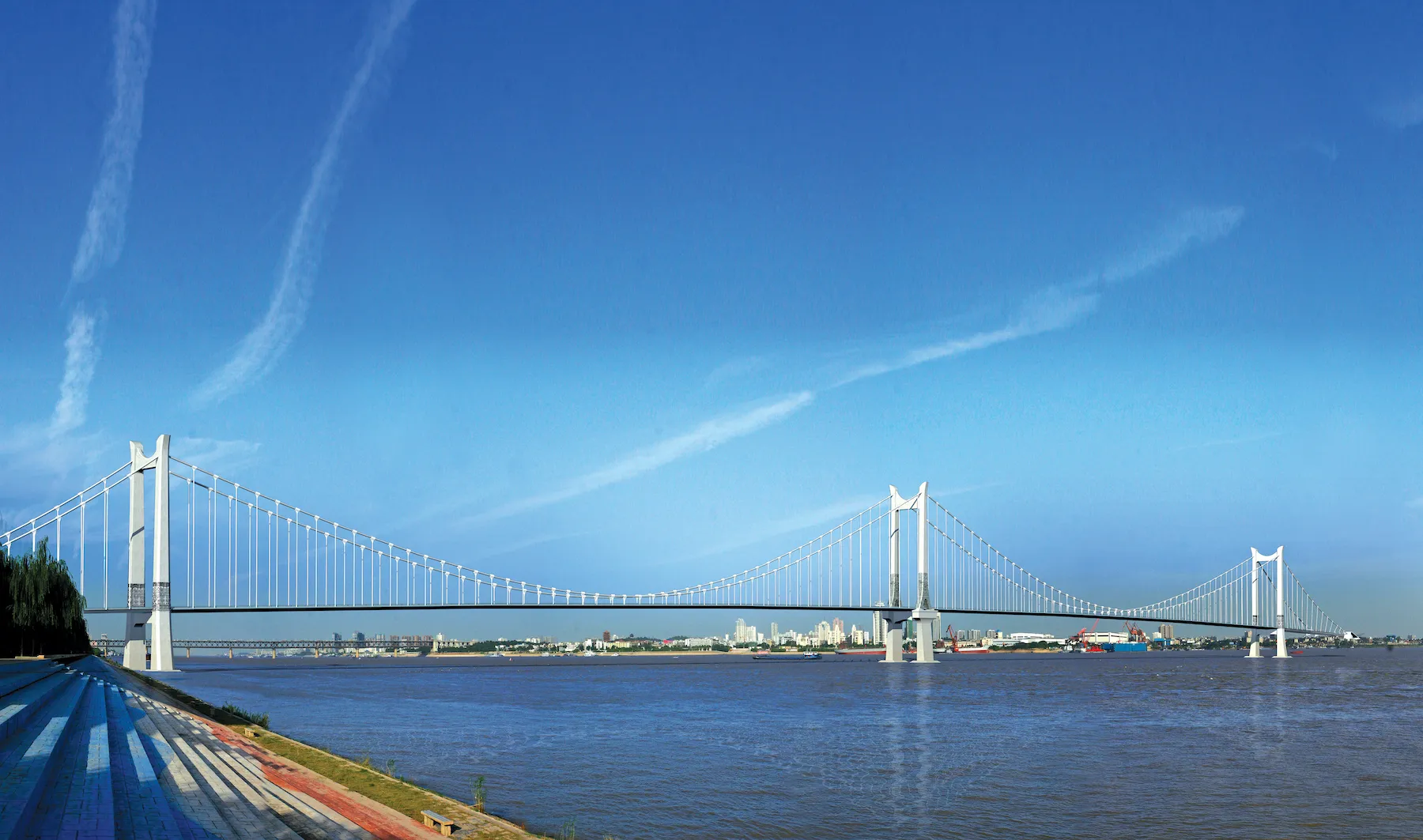
Work to expand the M7 motorway in Hungary to six lanes is reported to be on schedule.
The Hungarian Concession Infrastructure Development Company (MKIF) is conducting an upgrade to express roads including the M7 for the Hungarian government. The total value of the project to upgrade all the roads is €10bn. More than 500km of road has so far been upgraded and the project is entering its final phase, Daily News Hungary reported.
The MKIF comments in a statement in March this year: "Over the past two years (2023 and 2024), we laid 8.7 million square metres of new asphalt on the tracks we maintain, replacing both the base and the binding layer under the top wearing course where necessary. The works comprised the renewal of 237 bridges and flyovers, including the Kőröshegy Valley Bridge, and the renovation of 40 rest stops.
"According to our contract with the Hungarian State, of the 1,237 km of motorway network taken over by us for operation, maintenance and renewal in September 2022, about 540 km must be brought up to the same technical standard as the rest within three years, by 31 August this year."
MKIF adds that the biggest express road upgrade in Hungary’s history is continuing this year, having started after the holiday weekend of March 15. In 2025, a further 3.2 million square metres of motorways operated by MKIF are planned to be resurfaced, representing 16% of the main track. The company says it will also renovate 40 bridges and 30 rest stops. This includes the necessary technical renovation of Pentele bridge continuing, where MKIF is replacing bearings and dilatation joints, and building a new bridge on the M7 motorway to replace the old pedestrian and cycle bridge in Velence.
In 2025, most of the work is planned on the M3, M7, M1 and M35 motorways, but MKIF is also working on 7 other express roads (M15, M85, M86, M30, M4, M70, M8). Although the levelling up work will be completed by 31 August this year, MKIF says further maintenance and pavement replacement of the tracks will continue.
M7 pedestrian and cycle bridge
Preparatory works for the reconstruction of the pedestrian/cycle bridge over the M7 motorway at Velence started in March. The new bridge structure is being built approximately 20m away from the existing bridge, which is 3m wide and has a 9% incline, with the location of the new bridge being shifted towards Lake Balaton. It will be 4.5m wider than before and will have a slighter, 5% “longitudinal gradient”.
According to technical studies, it would be more expensive to renovate the old bridge than to build a new one. In addition to the technical condition of the structure, another factor in favour of demolition was that the widened M7 motorway, scheduled to begin in 2027, would not fit under the bridge.









